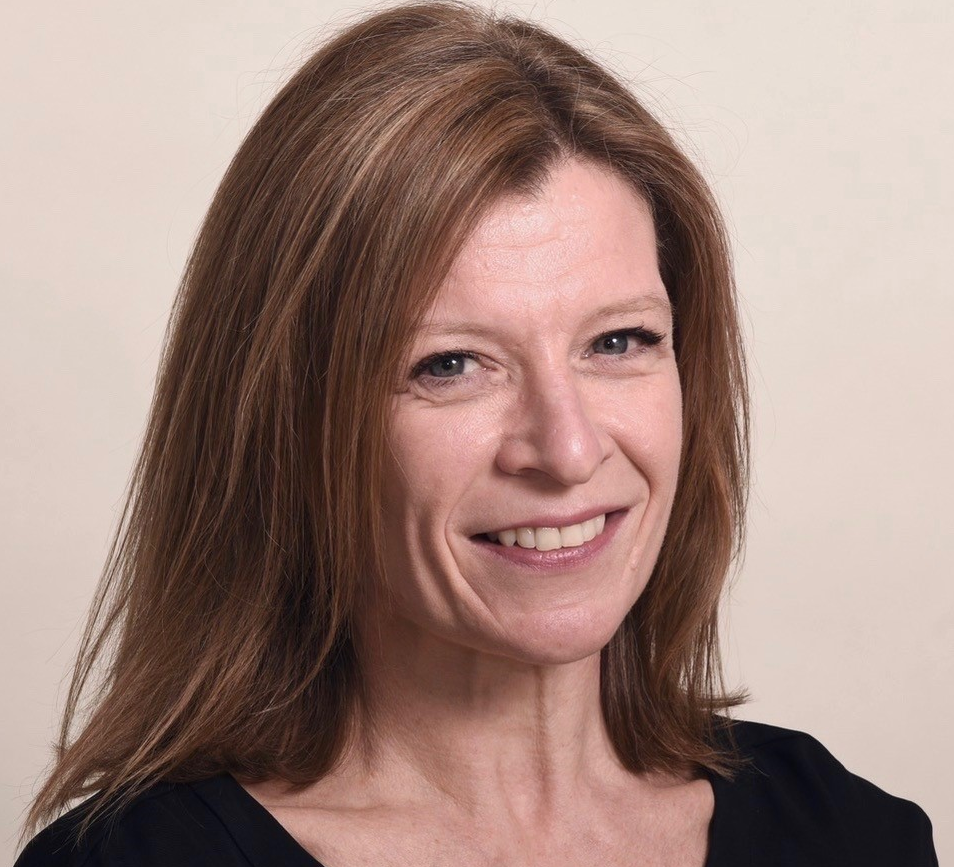How did your accountancy career begin?
After my A levels, I wasn’t sure what I wanted to do but felt University wasn’t necessarily the right thing for me at that time. One of the roles I held after school was working for a Treasury Bank in London, who gave me the opportunity to do my banking exams. Accountancy was a significant part of the syllabus and I guess that was where it all started.
I started to think about applying for an accountancy role, but back then I needed a degree to join a firm as a trainee Chartered Accountant. So, two years after turning down my University offers and shocking the teachers at my Grammar School, I started applying again.
I completed a three-year degree in business management at the University of Central Lancashire, and then started applying for graduate accountancy positions.
So, what was your first accountancy job?
I started my new career in a smaller firm in Kingston upon Thames. After I had been there about a year the firm announced its merger with one of the big 4. Having previously turned down a role with one of the larger accountancy firms, I decided to move my training contract (unheard of back then) and joined Baker Tilly (now RSM) in Guildford. I worked within the audit department and finished my qualification with them.
I really enjoyed working for a top 20 firm, there was lots of exposure to different types and sizes of business clients.
How did you balance being a young mum and an accountant?
I had my first child as I was finishing my training contract. I think I sat my final exam when I was eight months’ pregnant – not ideal!
My son is now 22 and this was long before flexible working was the norm, and nobody in the audit team worked part-time.
The thought of working full time after my 12 weeks of maternity leave was an issue. The managing partner of Guildford office at the time was great and with his support I came back to work as the first ever audit team member with a part time contract. Looking back, it worked out really well for me and I liked the balance. It meant I didn’t lose my post qualification experience and didn’t have to take a career break. On reflection, I probably had to work a bit harder than my, mainly male, colleagues but I wanted to do it and wouldn’t have changed it, I felt like I had the best of both worlds.
When did you move away from audit?
In 2002, one of the partners I worked closely with joined a smaller firm in Guildford where they also had a vacancy for a manager. I knew it would be a more well-rounded position, working within the accounts and tax department, I interviewed for the role and moved shortly afterward. From memory, I agreed to do a four-day week for them which was a real shock.
That was my first real exposure to tax. On my first day I remember the realisation that, at the time, I had no real-life experience of dealing with HMRC and needed to learn fast. It suited me though and I loved the role.
During my second pregnancy I suffered with serious sickness and working the usual 9-5 hour day was a real struggle. I took the brave step to work for myself so that I had more control over my working week. Through my contacts at other firms, I picked up some of their smaller clients, I did the accounts work and they kept the audit work.
What advice would you give to budding accountants?
I would never tell anyone that they should or shouldn’t go to university. The rules have changed now so that a degree is no longer a pre-requisite to become a chartered accountant, there are now other paths to chartered success.
I am an advocate of apprenticeships as I think they work really well. I’m not saying young people need to come straight from school, they just need to be aware that university isn’t the only option.
I was 24 when I started studying accountancy, having worked in all sorts of job roles before and always felt that the previous experiences made me a better accountant. Today, we still see more men than women joining finance, I wish more females would see it as an interesting area for them.
How did you move into tax?
Having worked for myself for 10 years, my husband saw an advert to work for a small practice based just outside Cambridge. Even though my children were still fairly young and until that point had not considered going back to work full time, I applied and was offered the job straight away.
Afterwards, I asked my husband why he showed me the advert. He said: “Ali, you were always meant to work in practice, and I saw that as a way for you to get back in and start upskilling.”
To start with I was full-time with three days in office and two at home. As a smaller practice they were excellent at being flexible. As the children moved to senior school, I increased my days in the office.
A year or so after joining them as a portfolio manager, I started studying for my chartered tax exams (CTA). Not everyone needs an audit, but all businesses are affected by tax. Going forward, I knew I wanted to focus on tax, specifically business taxes.
Last year I joined UHY as Head of Tax and I’m so pleased that by completing my CTA exams and shifting my focus I opened up the opportunity to take on a tax specialist role.
Do you find tax a satisfying area of finance?
Absolutely, Tax advisors have a really important role, offering professional advice and assurance to help clients make the right business decisions. Contrary to popular belief, tax is not boring.


